Filed under: Technology, Google, Internet, Investing

I've been using Pocket for over a year to do that -- and I love it. In fact, I am so happy with it that I recently upgraded to its premium paid version. And despite that, I have no doubt that within a short time, I'll have dumped it for Google Bookmarks.
Even though I was initially reluctant to get on the Google bandwagon, it has slowly become a ubiquitous part of my everyday life, paralleling the way in which the tech giant's products have taken over the Internet.
Lessons from the Real and Virtual Worlds
As a young man, I swore I'd never get married, have kids, or switch to web-based email, and yet somehow, all three of these came to pass.
The marriage thing I'm convinced had to do with some sort of Haitian voodoo root my wife must have been mixing in my food. The proof is there for all to see in the zombified look on my face in our wedding album.
The kids? Well, I'm 75 percent sure I know how I ended up with my two beautiful tax deductions.
But not unlike the events that once led me to wake up in a Ramada Inn covered in shaving cream, I'm a little hazy about how I ended up on Gmail.
On Cloud Nine with Gmail
Prior to Gmail, webmail was terrible. Beginning with the Prodigy network back in the early '90s, I had tried all sorts of email services and even the best of them were clunky and not very user friendly. So Outlook became my email program of choice, and I remember thinking that there was no way Google's new cloud product could ever make me leave Microsoft (MSFT)
But less than one month after trying Gmail, I was hooked. And that's the proper term, because Gmail was the "gateway software" that got me addicted to all sorts of Google products.
Chrome took the place of Internet Explorer. Then I began using Google Calendar, followed closely by Drive and Docs. Yahoo (YHOO) maps gave way to Google maps. YouTube got a unified log-in making third-party video services obsolete. Hangouts killed Skype. I even joined Google+. And now, I have an Android smartphone and tablet, and use less-known Google products like Tasks.
From Evernote to Keep
The moment I suspected that Google had won was when, after using Evernote for a couple years and liking it, I switched over to Keep in less than a week and didn't even miss a beat.
The moment I knew it had won came when I didn't even blink before deciding to move to Bookmarks despite my love of Pocket. And why wouldn't I?
Google has the resources to make almost any product it chooses to focus on a category killer, and one that will seamlessly integrate with all its other products. So assuming it doesn't orphan Bookmarks -- something it did with Google Reader, which I am just now getting over -- it only makes sense for me to use it and every other product Google produces.
The only reason I could see that people would have an issue using Google products would be if they had concerns about their privacy. But as someone who assumes that everybody already knows everything about everyone already, that's a non-issue for me.
Only iTunes and MS Word Remain
Now I've only got two anchor products left that keep me from becoming a 100 percent Google user: iTunes and MS Word.
However, Google Play tells me I can store up to 20,000 songs, stream millions more from its catalog and bring my iTunes collection over seamlessly, so now I am taking its free trial to determine if the Apple (AAPL) cord can be completely cut.
Convincing me to leave that venerable word processing program seems to be much harder. This is especially true since it has become more intransigent by its recent -- though initially awkward -- integration into Microsoft's OneDrive cloud storage.
But then again, I once said that about Outlook. And marriage. And kids.
Subscribe to my newsletter The Lund Loop a free once-weekly curated slice of what I'm writing, reading and hearing about in the stock market.
 An ordinary travel mug isn't just good for your tea and coffee. It's also a great place to hide valuables in your hotel room since it's fairly inconspicuous, and an unlikely target for thieves. Here are a few more travel hacks that will make your trip easier and save you a few dollars, too.
An ordinary travel mug isn't just good for your tea and coffee. It's also a great place to hide valuables in your hotel room since it's fairly inconspicuous, and an unlikely target for thieves. Here are a few more travel hacks that will make your trip easier and save you a few dollars, too.


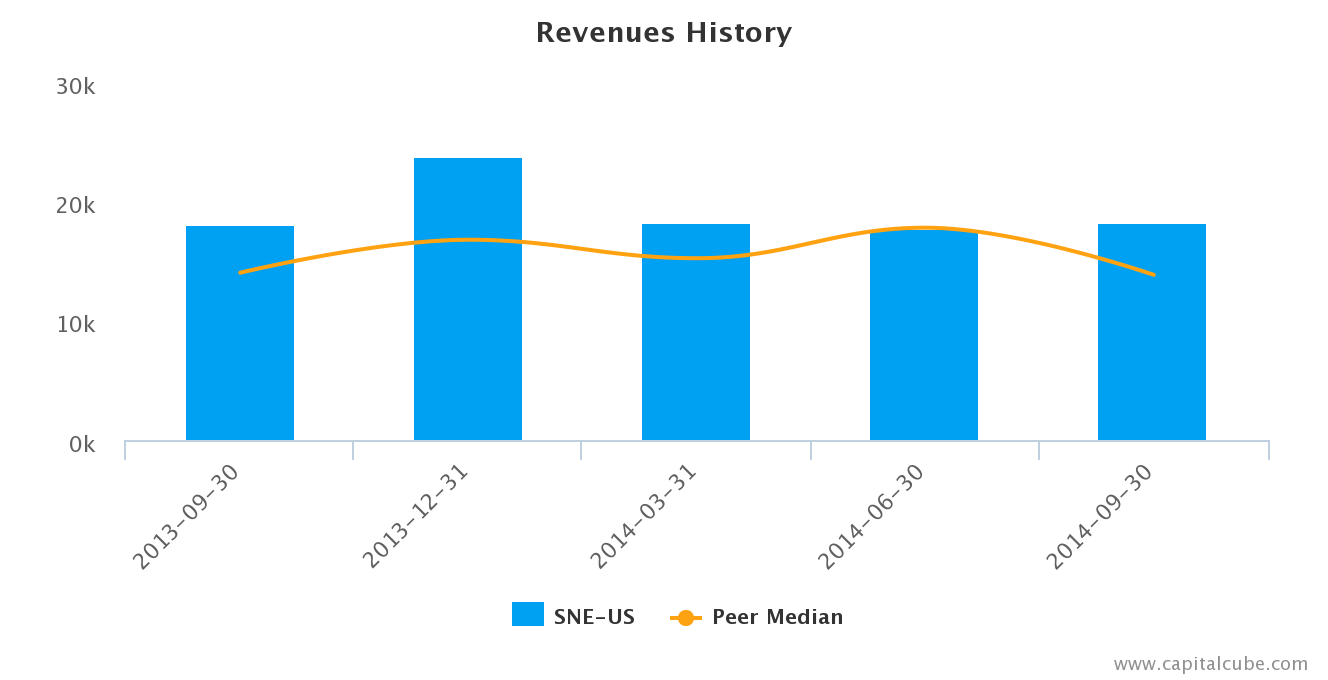
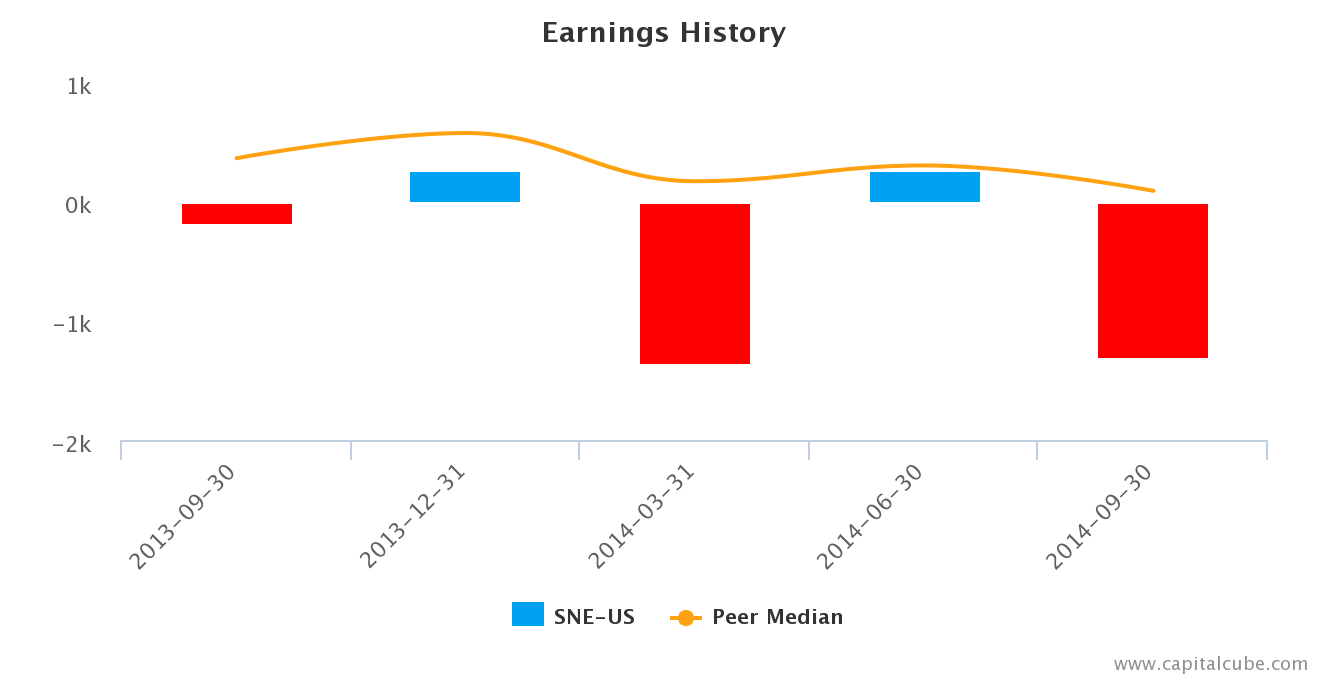
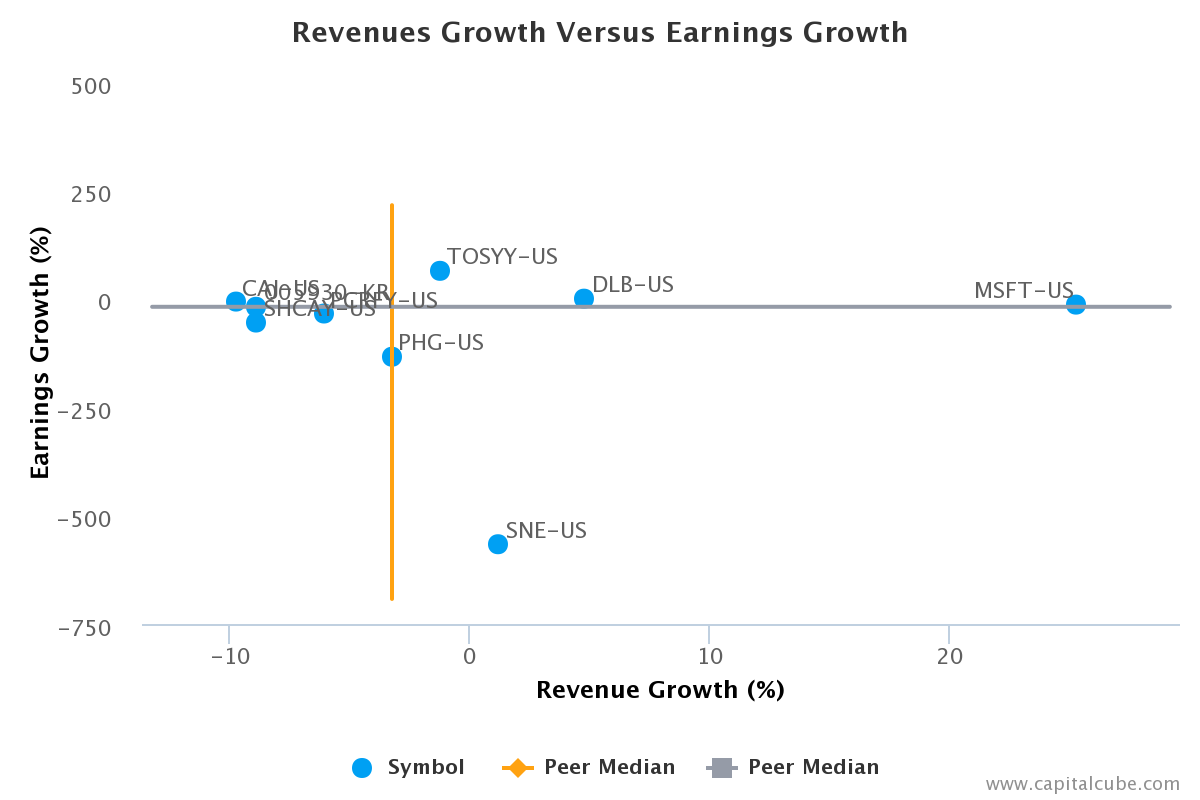
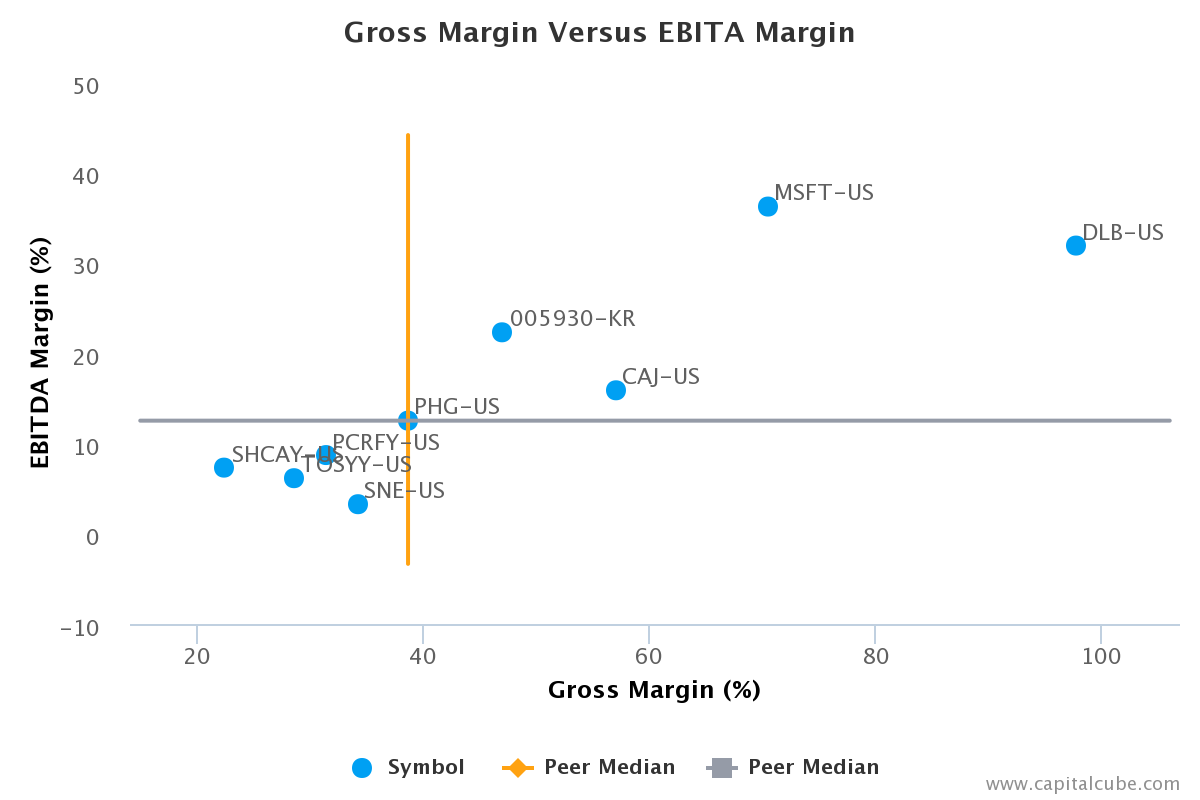
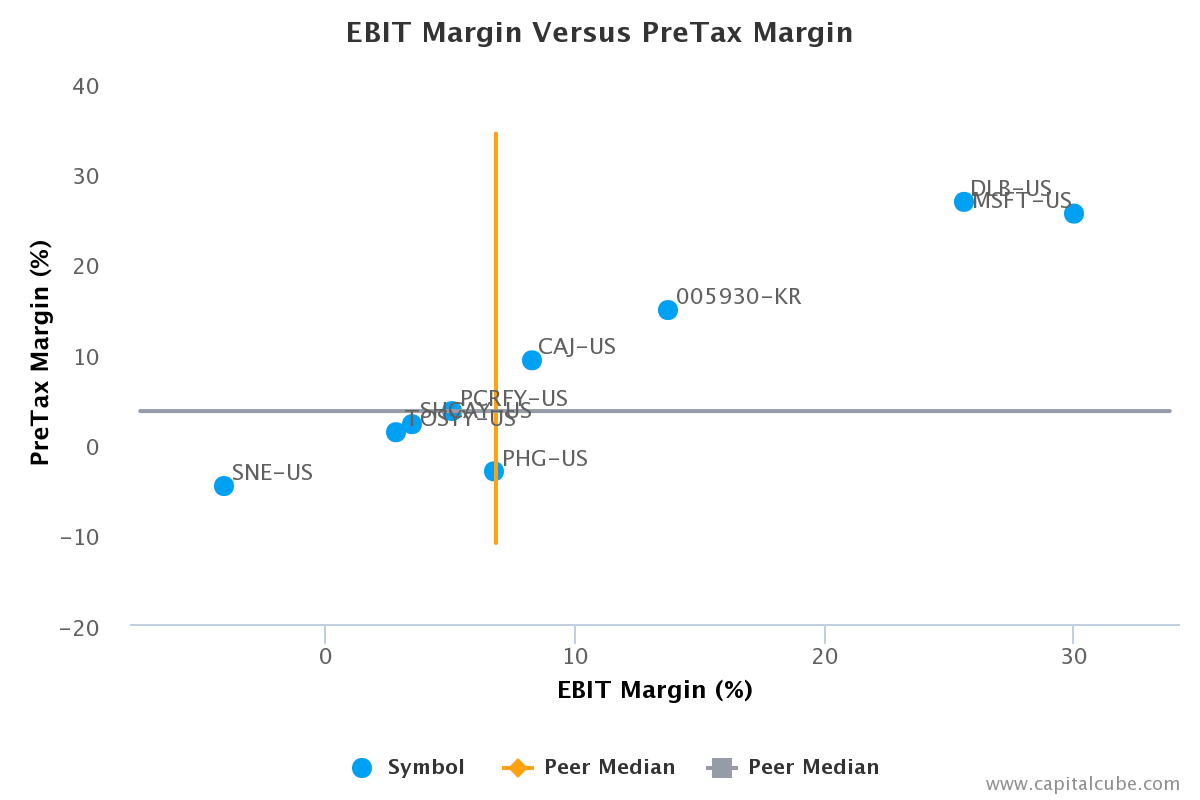
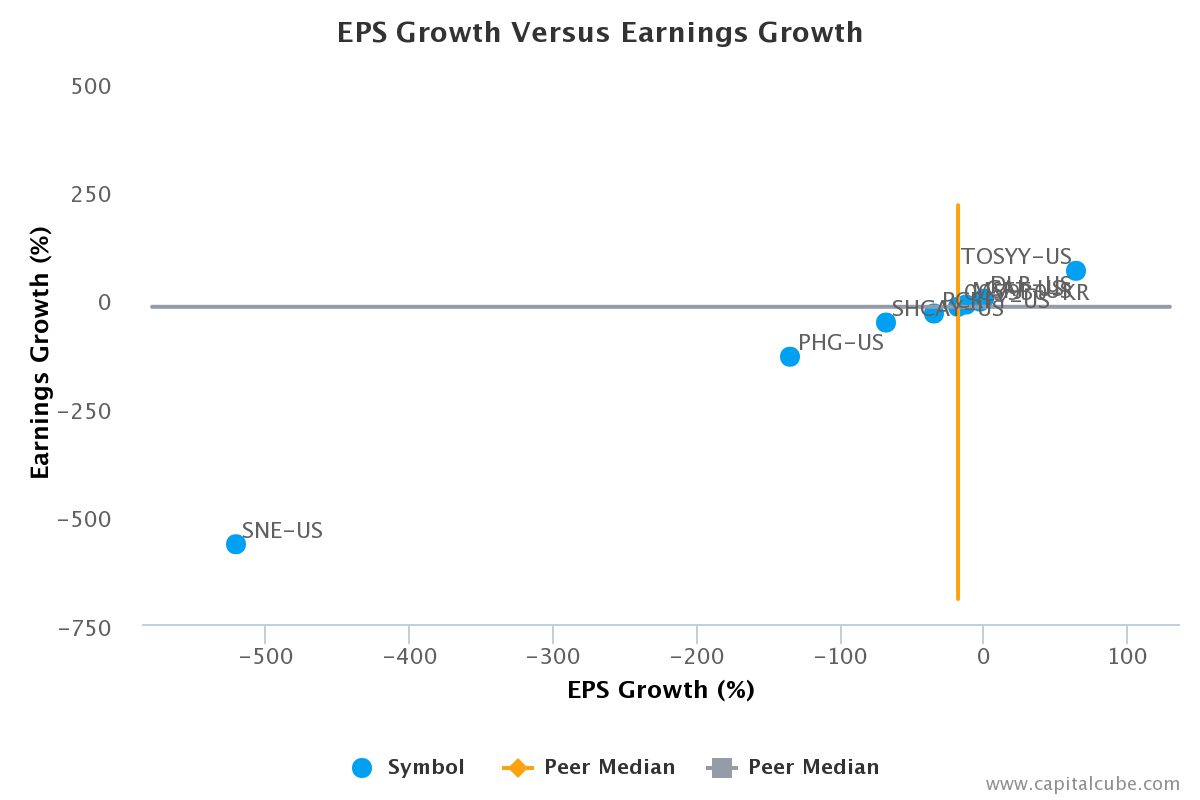
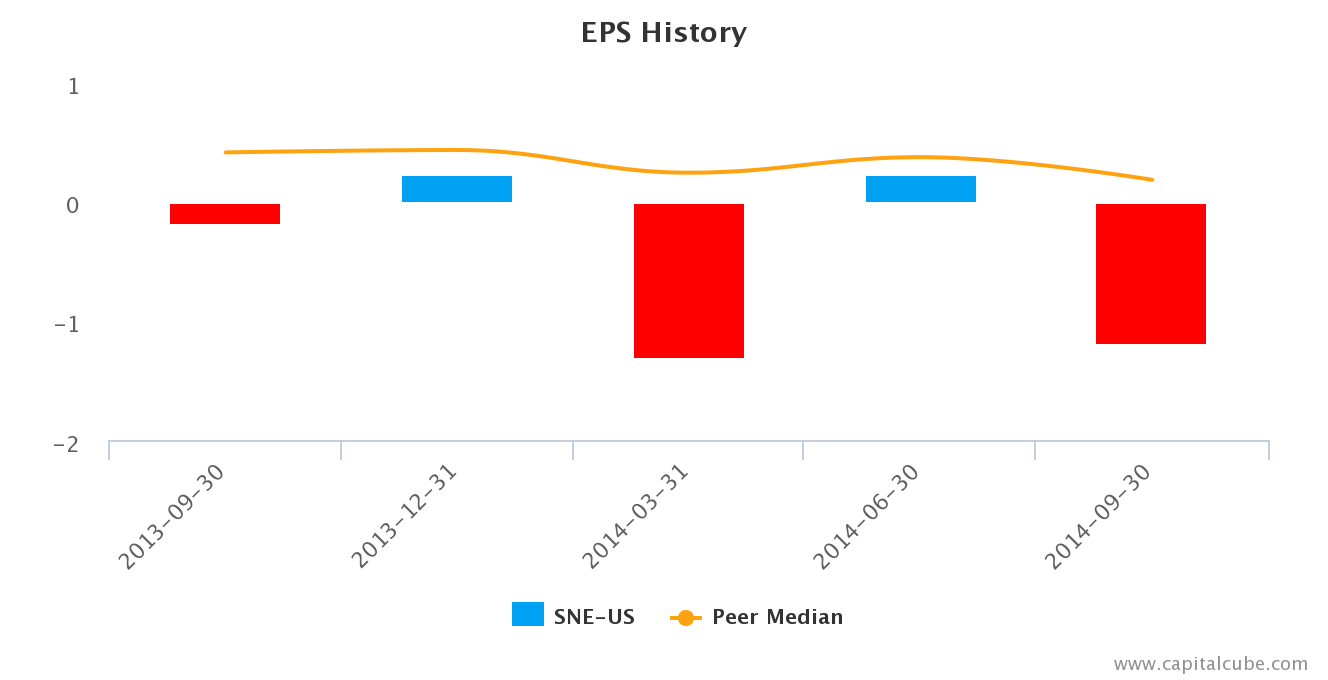



 For the Second Straight Year, Thanksgiving Day Beats Black Friday
For the Second Straight Year, Thanksgiving Day Beats Black Friday





 The markets are getting some solid support for the jobs market ahead of Friday's key unemployment and payrolls report. Strong jobs data has been seen on Wednesday morning from TrimTabs and from ADP.
The markets are getting some solid support for the jobs market ahead of Friday's key unemployment and payrolls report. Strong jobs data has been seen on Wednesday morning from TrimTabs and from ADP.












